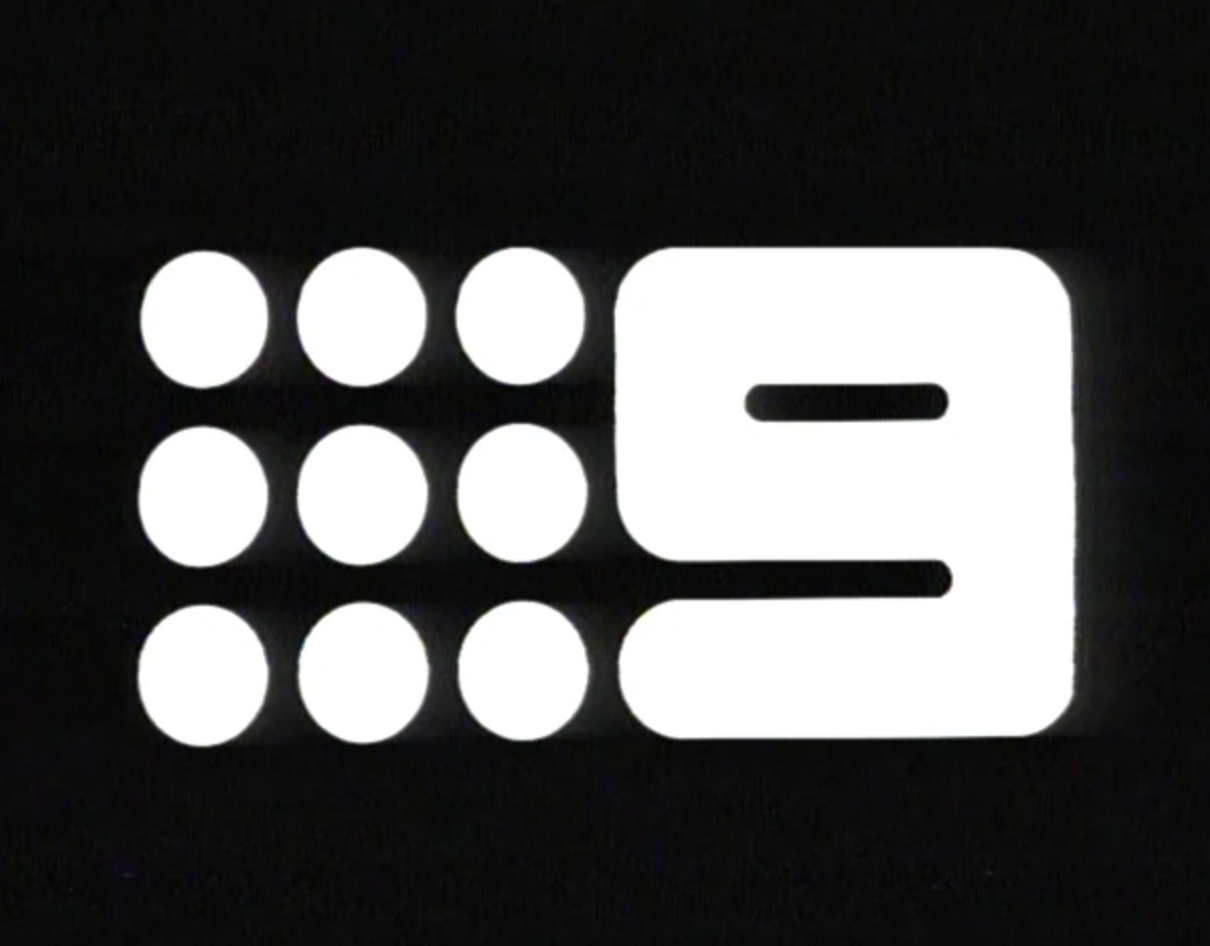Australians Anti-Bullying Speaker
Recommended Age Group: Any Age
A Bullying Speaker's Story
I used to get bullied a lot during high school and ended up getting expelled for getting into too many fights. It wasn't until a school counsellor taught me how to stop being bullied that I truly felt empowered. Since then I dedicated my life to helping other young people going through the same issues.
I became an Australian qualified youth worker, specialise in anti-bullying programs. I’ve spoken in over 300 schools on this topic as well as youth prisons and conferences such as Generation Next.
The Presentation Covers:
Verbal bullying
Physical bullying
Emotional bullying
Cyberbullying
How bullying starts
How to prevent and stop bullying
How to develop assertiveness & much more
The presentation covers the perspectives of the victim, the bullier and the bystander, with stories and illustrations which further empower students.
The Problem
Bullying is a very real life-issue for a lot of students in high, middle and elementary school. According to the Australian National Youth Survey, over 27% of school students experienced frequent bullying with over 80% of students saying they have experienced bullying at some point.
Bullying is currently one of the Top 3 issues that concern people. It’s also directly linked to students' grades, social interactions & mental health and it's not going away either.
Current Solutions are not working
Over 70% of Australian students have said they do not feel confident in stopping or interjecting if someone is being bullied. This means the majority of bullying prevention presentations and programs are just not working.
A lot of youth speakers lecture on this topic however few have done proper research. Even fewer have had psychologists, counsellors and specialists sign-off their work to ensure the presentation is psychologically sound, practical, honest and beneficial.
My Anti-bullying Presentation
As an anti-bullying speaker who presents in school assemblies, I believe the only way to have a truly positive impact on students is to have personally gone through bullying myself and developed my own testimony.
This allows for my stories to connect with students who can relate as they are currently going through it. A strong bullying testimony allows for authority on the matter when helping to guide students through the pitfalls of bullying culture.
Bullying can happen for a number of reasons. Please see below awesome recommendations on blogs and articles I’ve written on the subject including interviews. From friendship break-ups to popularity issues to taking a joke too far to not communicating effectively.
In my anti-bullying presentation, I cover the 11 reasons bullying happens and the top 3 ways to get through it. Is a positive solution which will educate your students with real stories which will leave your students will equipped.
For more information on bullying some helpful articles are listed below:
Australian Curriculum:
This presentation is tailored to the audience depending on age & outcomes. The presentation follows the Australian curriculum and the following outcomes are addressed according to Educational Analysis and consulting.
Years 7-8
- Health and wellbeing (ACPPS074)
- Analyse factors that influence emotions, and develop strategies to demonstrate empathy and sensitivity (ACPPS075)
- Investigate and select strategies to promote health, safety and wellbeing(ACPPS073)
Evaluates how student solutions and existing information systems meet needs, are innovative, and take account of future risks and sustainability (ACTDIP031)
Compares the ways that language and images are used to create a character, and to influence emotions and opinions in different types of texts(ACELT1621)
Analyse's how the text structures and language features of persuasive texts, including media texts, vary according to the medium and mode of communication (ACELA1543)
Years 9-10
Proposes and evaluates responses in situations where external influences may impact on their ability to make healthy and safe choices (ACPPS092)
Investigates how empathy and ethical decision making contribute to respectful relationships (ACPPS093)
Evaluates situations and propose appropriate emotional responses and then reflect on possible outcomes of different responses (ACPPS094)
Analyses text structures and language features of literary texts, and make relevant comparisons with other texts (ACELT1772)Evaluate critically how student solutions and existing information systems and policies, take account of future risks and sustainability and provide opportunities for innovation and enterprise (ACTDIP042)
Evaluates the social, moral and ethical positions represented in texts (ACELT1812)


















